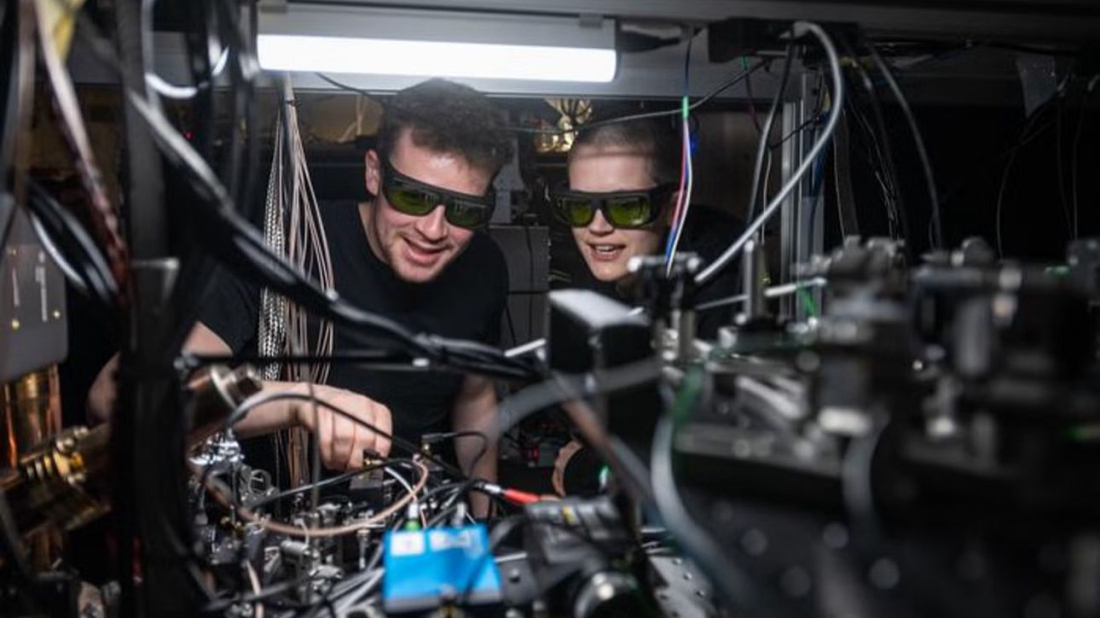Oxford researchers unveil a scalable quantum supercomputer capable of quantum teleportation, paving the way for next-gen tech with enhanced security and computational power.
A major breakthrough in quantum computing has been announced by researchers at the University of Oxford, who have successfully developed a scalable quantum supercomputer capable of performing quantum teleportation. This milestone is expected to revolutionize the field, particularly by solving the long-standing scalability problem that has hindered the growth of quantum technology.
Quantum computing, which has been a theoretical pursuit for decades, is now making significant strides toward practical application. Traditional computers store and process data using binary bits, represented as either a ‘1’ or a ‘0’. In contrast, quantum computers use quantum bits, or qubits, which can exist in multiple states simultaneously through a phenomenon known as superposition. This gives quantum computers the potential to dramatically outpace the most advanced supercomputers of today.
While quantum teleportation—transmitting data without physically moving qubits—has been demonstrated in previous studies, the Oxford team has achieved something even more groundbreaking: quantum teleportation of logical gates, the essential elements of a quantum algorithm. This achievement allows quantum computers to perform complex operations between qubits housed in separate processors, effectively “wiring together” distant quantum systems into a unified, scalable machine.
Dougal Main, from the Department of Physics at Oxford University and the lead author of the study, explains, “In our study, we use quantum teleportation to create interactions between distant systems. By carefully tailoring these interactions, we can perform logical quantum gates between qubits housed in separate quantum computers. This breakthrough enables us to effectively 'wire together' distinct quantum processors into a single, fully-connected quantum computer.”
The research also shows that the technology to create such a scalable quantum system already exists, which is a significant step toward making large-scale quantum computers a reality. These advancements could also lead to the creation of a “quantum internet,” an ultra-secure communication network built on quantum principles that would allow for unbreakable encryption and powerful computational capabilities.
Professor David Lucas, a lead scientist at the UK Quantum Computing and Simulation Hub, adds, “Our experiment shows that network-distributed quantum information processing is feasible with current technology.” However, scaling quantum computers to fully realize their potential will require further advancements in both theoretical physics and engineering.
The findings, published in Nature in the study titled “Distributed Quantum Computing Across an Optical Network Link,” demonstrate the vast potential of quantum computing. This research marks a significant milestone on the road to realizing industry-disrupting applications in fields such as cryptography, artificial intelligence, and complex simulations.
Though the road to large-scale quantum computers is still under development, this breakthrough brings us one step closer to unlocking the full power of quantum technology.
























What is your opinion on this topic?
Leave the first comment